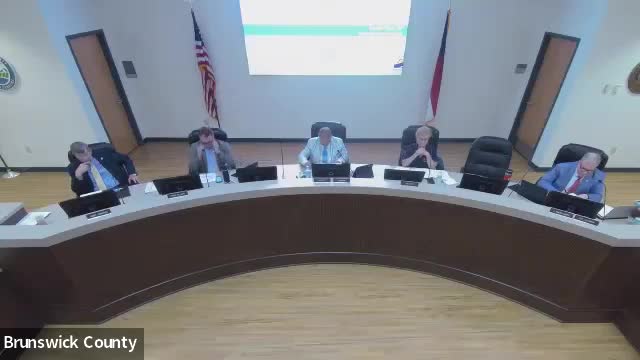Article not found
This article is no longer available. But don't worry—we've gathered other articles that discuss the same topic.
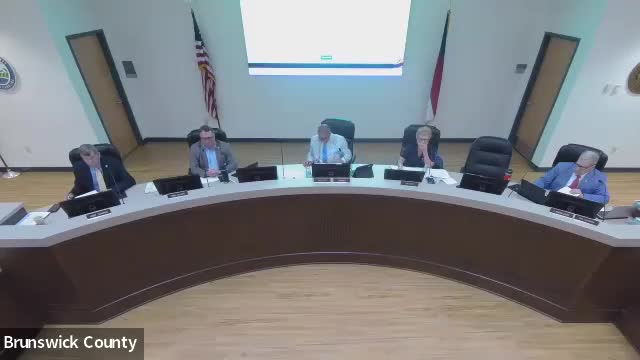
Resident alleges long-running property fraud during public comment
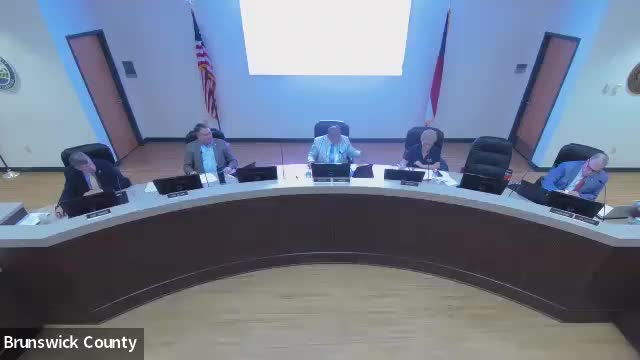
County to seek $2.5M reserve to restart neighborhood water-main projects
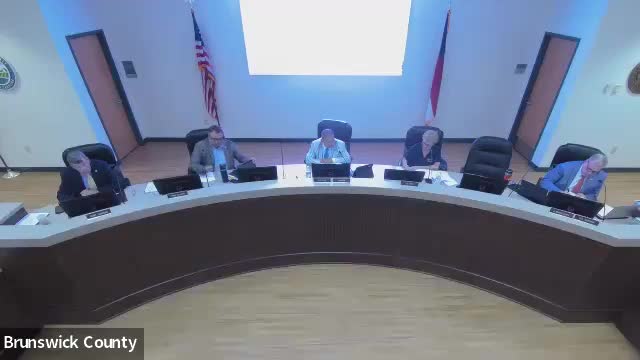
Commissioners direct staff to send letters opposing several state bills and a VIPER user fee
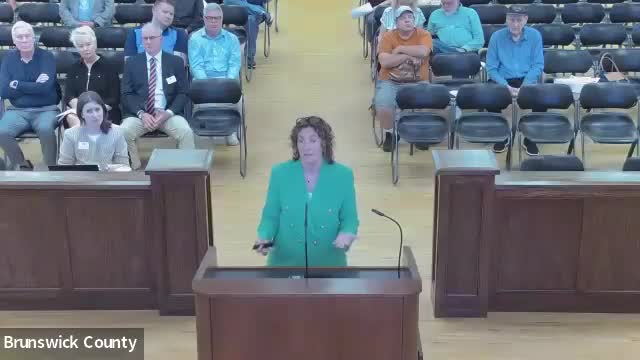
Commissioners hold public hearing, approve Novant Health bond issuance; commissioner recuses
